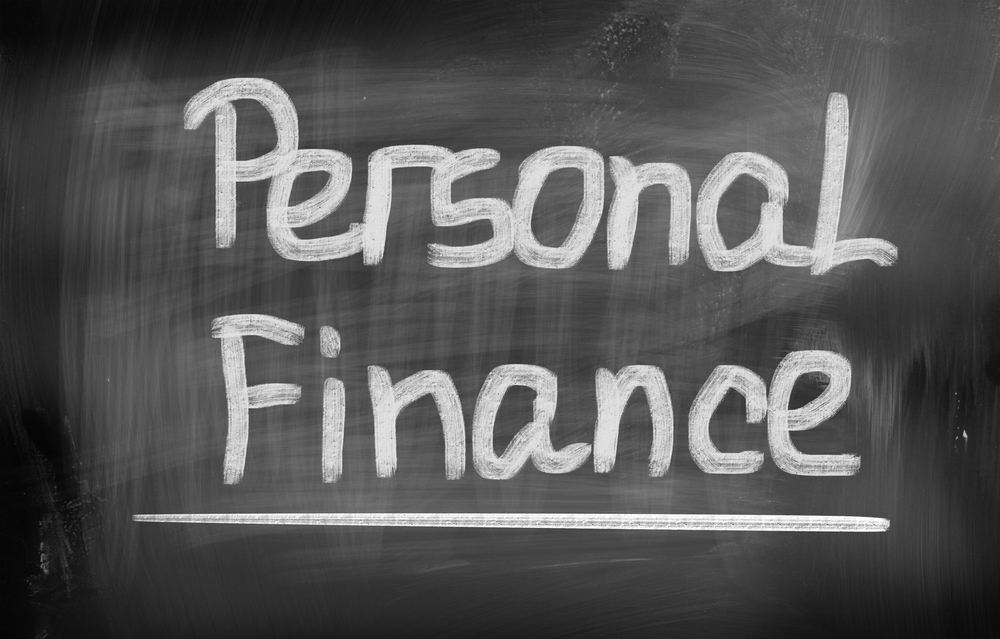
Unfortunately, at some point in our lives, debt will affect more of us than we’d like to think about; leading to stress, reclamation of property, or worse. Debt isn’t inherently bad in and of itself, it’s the mismanagement of debt that causes problems to arise.
Using debt to secure property, as with a mortgage, is generally considered a smart move. Constantly taking out credit cards to fuel an expensive designer fashion shopping habit, not so much.
Because of this, avoiding debt isn’t necessarily the answer to your problems, although it certainly can’t hurt if you are in a position to do so. Instead we need to focus on correct debt management skills.
So, here are my top 4 tips for successfully managing debt.
1. Don’t Be Hasty
More than ever, credit is easily accessible to almost everyone; and organisations have made it increasingly easy to obtain lines of credit – even high street stores offer lines of credit these days.
Even if your credit score is in poor health, many lenders offer specialised bad credit loans featuring high levels of APR, furthering the spiral of debt for people with poor debt management skills. It is important to remember that lenders and stores aren’t concerned with your personal finances, and only want you to spend money with them.
Always make time to take stock of your situation before agreeing to any new credit situation, never sign up for credit on impulse or desperation if you can help it. Signing credit agreements in these situations almost never end positively.
2. Monitor Your Credit Score
One way to promote sensible lending is to keep a close eye on your credit report. Your credit score is more important than you know, a healthy credit score will allow you to not only secure larger loans, but those loans will also have a more favourable interest rate and options of extended term agreements.
In some occupations, you may even be passed over for job opportunities if you suffer from poor credit. Some landlords won’t rent to tenants with a poor credit history either, making it harder to source quality living space.
Sometimes poor credit is out of our control, such as if you have been the victim of identity theft. In these cases, you can dispute the negative actions weighed against your score and have them removed – one reason why it is vital to stay on top of your report.
It is also important to educate yourself on the factors that positively and negatively affect your credit score, allowing you to make informed choices going forward, check out this helpful review by Crediful.
3. Be Aware of Your Current Debt
When you start becoming more informed about credit scores, and debt management you’ll keep seeing the terms DTI (debt-to-income ratio,) and credit utilization ratio pop up. Understanding these terms is important – as they reference unassuming calculations that have a significant impact on your credit rating.
Lenders and creditors use these calculations to determine how likely they are to offer you lines of credit, and whether or not you will receive favourable options.
DTI refers to the percentage of your income that is used to pay off already existing debt, for instance: If you earn $2500 a month and your combined monthly credit payments are $1250 then your DTI is 50%.
Credit utilization is used to measure how much of your available credit you are currently using, as a percentage. For instance, if you have a single credit card with a $2000 limit, and have a balance of $200, you have a 10% credit utilization ratio.
Other factors do weigh heavily against your credit score, whether positively or negatively. But these two calculations have a considerable impact on their own, and you should be conscious of where you currently stand
4. Budget
This seems like an obvious tip, but almost no one makes, and sticks to, a budget. Creating a budget and staying within it is one of the single most effective ways to manage your debt, and it is absolutely free to do so.
These days it is easier than ever to set a budget, with hundreds of apps available that will help you work out a monthly budget and keep on top of your spending. Not only that, but most online banks have budgeting options within their mobile apps, or browser options where you can set aside money into ‘pots’ for each of your expenses.
Conclusion
If you are currently struggling with managing your personal debt, I hope these tips go some way to help you resolve your financial situation. If you are finding it difficult to cope with your finances, you should seek professional advice from a credit repair agency.
For a fee they will take a hold of your credit situation and work to set up a debt recovery plan and take steps to begin healing your credit score.
